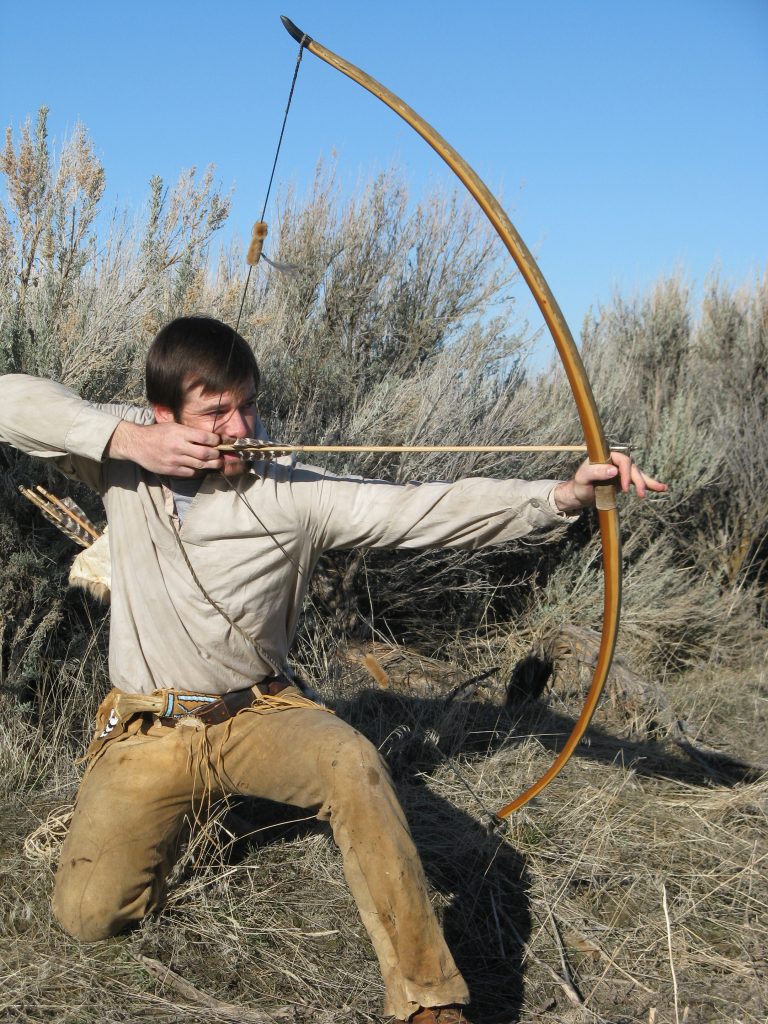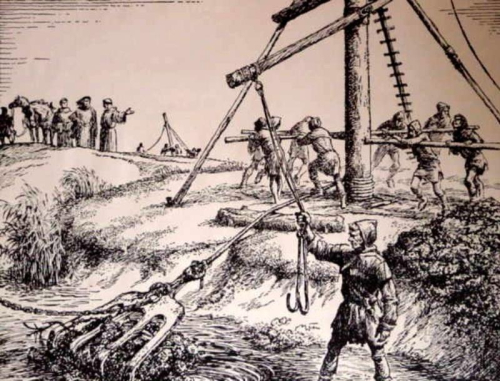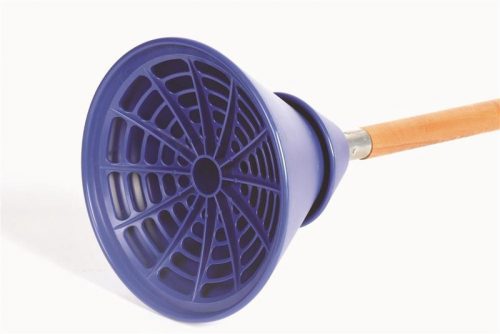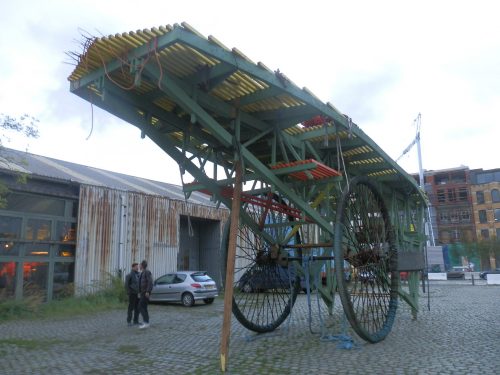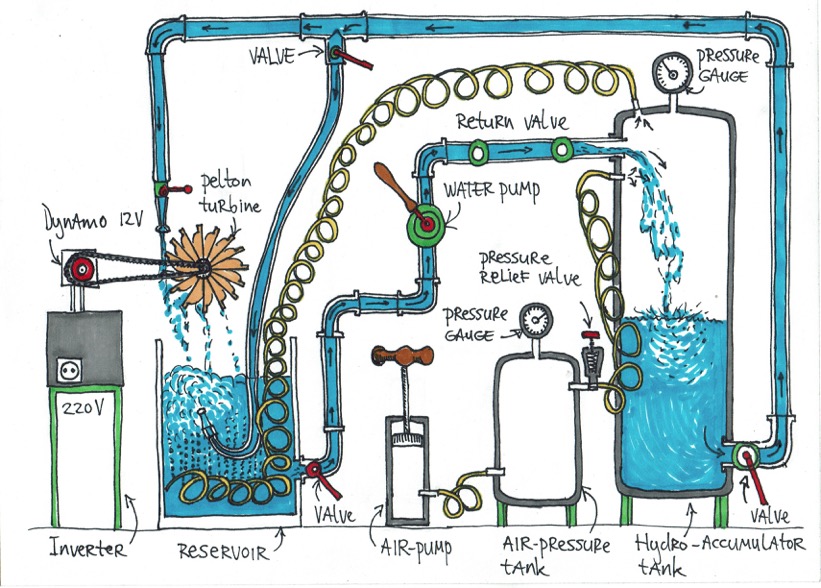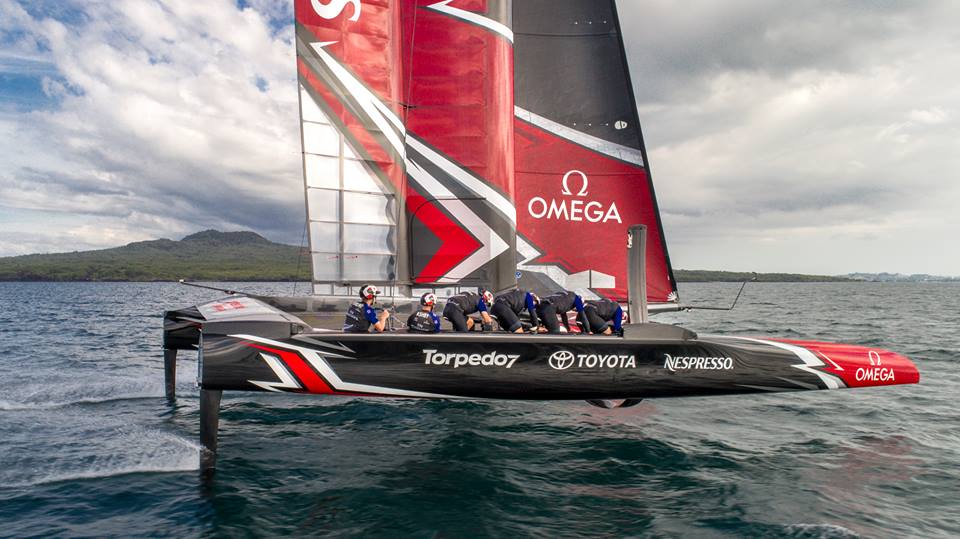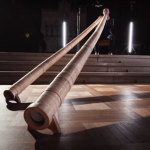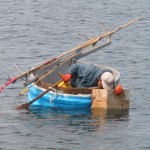During the past two decades there has been a disturbing trend in American sports, a trend in which our “toys” have evolved from the simple to the intricate. No matter whether it’s boating, bicycling, skiing or backpacking, the goal seems to be the same: to improve the performance and efficiency of the equipment. Outdoor equipment today becomes “obsolete” after only a season or two, made so by the constant introduction of newer, more sophisticated models.
Manufacturers of recreational equipment — who have the most to gain from the complication of leisure — spend millions to promote “new, improved” products. And at what cost to our sense of fun and play? We seem so bent on results — on being “successful” — that we often forget why we took up a particular sport in the first place. In other words, play is beginning to look more and more like work. And, at the same time, the price tag on our toys has gone sky-high.
One of the primary benefits of using traditional archery gear — aside from saving lots of money, especially when you make your own gear — is that it promotes a sense of fun and encourages a carefree spirit. Archers who go traditional always seem to agree that once they make the switch, archery is once again exciting.
Quoted from the introduction to “The Traditional Bower’s Bible, Volume One“, Steve Allely, Tim Baker, Paul Comstock, Jim Hamm, Ron Hardcastle, Jay Massey, and John Strunk, 1992. Image by Clay Hayes.
